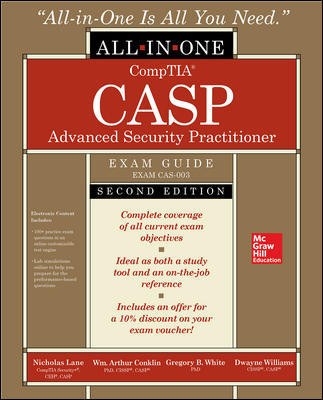Even as the economy inches toward a full recovery, local, state and federal government budgets are under heavy stress. The word “austerity” has become more popular — well, maybe not more popular, but definitely more frequently used — as lawmakers look for places to trim spending.
For security companies, this poses some serious challenges. The public sector buys billions of dollars worth of security products, and budget cutbacks can mean fewer contracts.
So how does an electronic security business cope? This summer’s Security Industry Association (SIA) Government Summit will offer some answers. By looking at issues related to tightening government budgets, the June 21 – 22 public policy conference in Washington, D.C., aims to give both security industry professionals and government end-users a way to find mutually beneficial approaches in this new age of austerity.
With high-level speakers from Congress, federal agencies, the security industry and the media, the Government Summit provides information about what is happening in Washington D.C., and state capitals, how it affects the security business, and what attendees can do to influence events.
In 2010, for example, Government Summit attendees heard from former Department of Homeland Security (DHS) Secretary Michael Chertoff, Pulitzer Prize-winning columnist George Will, former White House Press Secretary Mike McCurry and senior federal officials from DHS and other agencies. The discussions covered a wide range of topics united by a single goal — promoting security.
This year, commentators Bill Kristol and Bill Press have been booked for a point-counterpoint session on politics, Congress and the 2012 presidential race. In addition, SIA is again scheduling top government officials to break down security issues as they relate to the government for attendees.
Budget matters and procurement will be only a part of the program, though. While the agenda was still being assembled at the time of writing, attendees can expect to hear about several other topics that affect how they do business, such as standards, federal identity management initiatives, biometrics, cloud computing, privacy matters and chemical security. After all, even when government is not doing the buying, it still can have a significant impact on the industry. Laws can restrict the use of biometrics, radio frequency identification (RFID) and other security technologies, for example, and standards used by the government are often adopted by the private sector. Even companies without government contracts, then, must understand the impact that public policy has on their business.
As often seems to be the case, this is an interesting, fluid time for the security industry. Security needs remain high and advancing technologies hold the promise of innovative solutions, but budget and economic issues limit acquisition in both the public and private sectors and privacy concerns and other apprehensions about the use of technology — whether well-founded or not — can have the same effect. The SIA Government Summit provides important analyses of these issues by the experts, along with the opportunity to network with officials who make security decisions for the government, giving attendees unique insights that can improve their strategic planning.
For more information about the SIA Government Summit, visit www.siaonline.org/govsummit.








